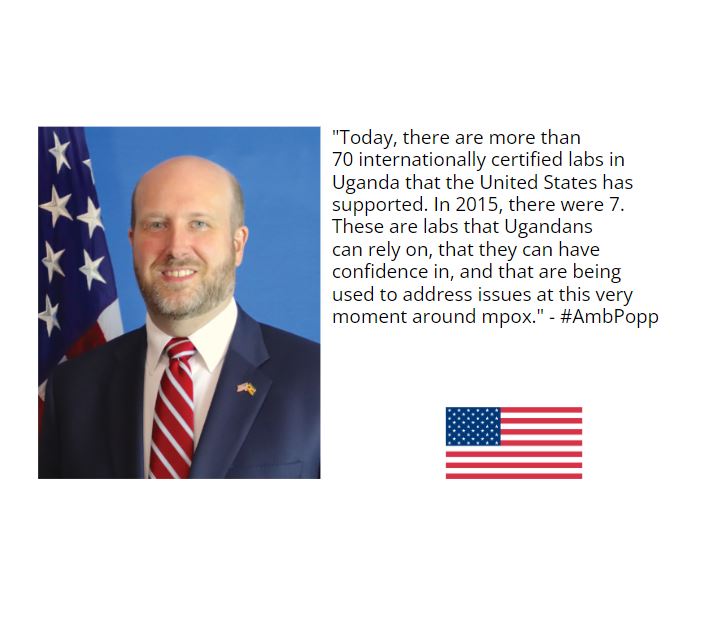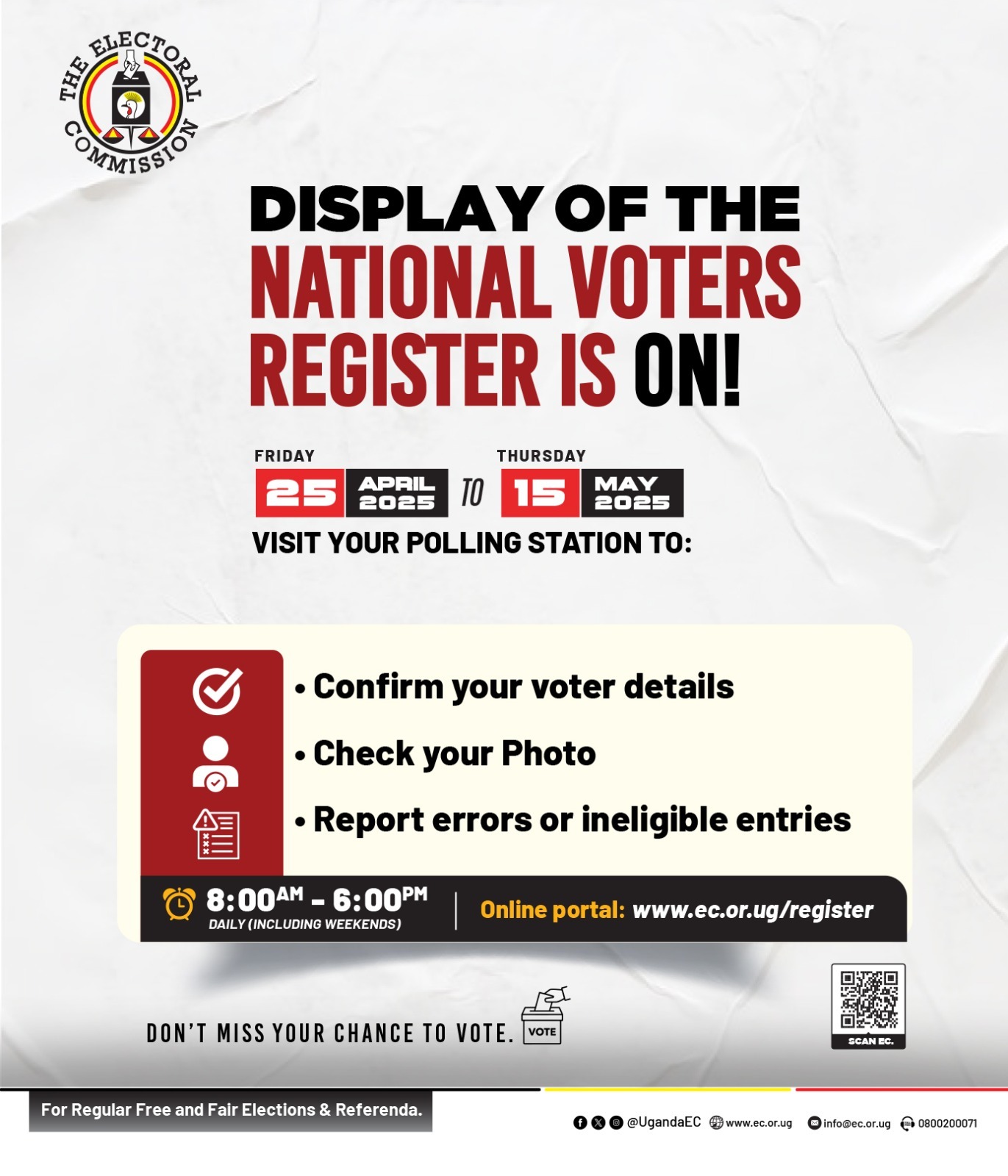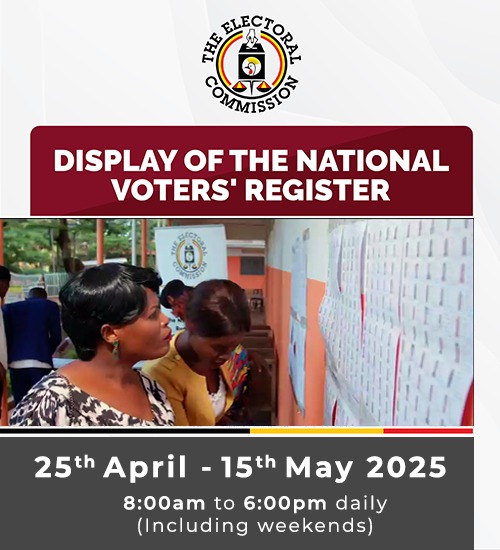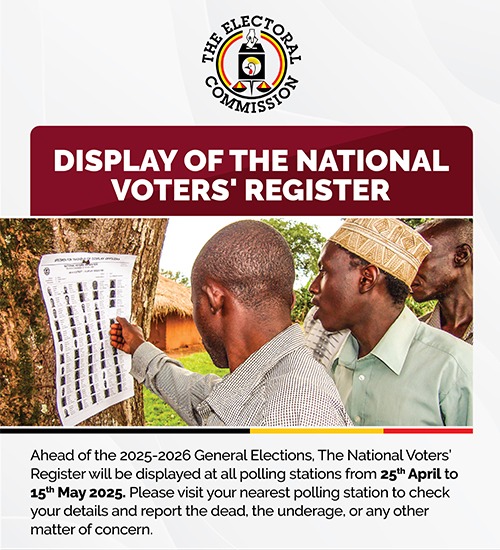By Arinaitwe Rugyendo
Kampala, Uganda — Whenever the United States questions Uganda’s human rights record, illiberal abuse of press freedoms, governance, or corruption, state actors often push back, urging the global giant to steer clear of Uganda’s internal affairs.
Some officials even claim that Uganda could thrive without U.S. financial assistance. However, a recent 2023 report released by the U.S. Mission in Uganda tells a different story.
According to the report, the U.S. injects nearly 3.8 trillion Ugandan shillings into Uganda’s prosperity programs, health sector, and democracy-building initiatives without attaching any strings. It is possible to hypothesize that f Uganda wasn’t losing nearly 10 trillion shillings a year to corruption and mismanagement of public resources, the US assistance would be negligible and insignificant.
For six solid decades, the U.S. has maintained a robust partnership with Uganda, working through local and international NGOs and civil society organizations to deliver direct benefits to Ugandans across the country.
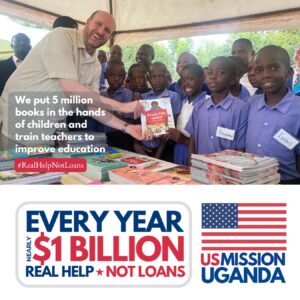
This funding has transformed millions of lives—promoting health, improving education, empowering entrepreneurship, and supporting Ugandans in advocating for their rights. The U.S. ambassador to Uganda, William W. Popp, emphasized in post attributed to him on X last week, the profound impact of this aid, asserting that the assistance is a win for Uganda, the U.S., and the world at large.
Prosperity and Economic Growth
According to the report, a significant portion of U.S. aid focuses on fostering Uganda’s economic development. The support has enabled Ugandan entrepreneurs, especially in agriculture, to access training and microfinance opportunities.
These interventions not only promote food security but also improve the marketability of Ugandan produce. The U.S. government also partners with Ugandan wildlife authorities to combat illegal trafficking and mitigate environmental degradation.
This long-standing partnership has resulted in numerous successes, including reducing poverty, saving lives, advancing democratic values, and promoting peace. U.S.-funded initiatives are empowering communities, small businesses, and local governments to become more resilient and self-reliant.
One notable success story is the U.S.-supported village savings and lending groups, which have helped 183,588 Ugandans improve their access to credit. Nearly 45,000 individuals graduated from extreme poverty, transitioning to self-reliance. This grassroots approach has provided a lifeline for many Ugandans, empowering them to manage their finances and invest in their futures.
Enhancing Agriculture and Food Security
The U.S. government has been instrumental in addressing food security in Uganda. Through the Feed the Future Inclusive Agricultural Markets (IAM) Activity, smallholder farmers were connected with private sector companies to improve food safety, quality, and nutrition.
The IAM program successfully partnered with 69 firms to help farmers access high-quality agricultural inputs and financial services, thereby enhancing productivity and generating revenue. Over the past year, this partnership attracted $13.6 million in private sector investment, leading to $11.2 million in new revenues.
A prime example of U.S. involvement in agriculture is the success of Water and Pumps International Limited (WPIL), which provided irrigation kits on credit to smallholder farmers. These kits allowed farmers to water their crops year-round, increasing production. WPIL’s partnership with smallholder cooperatives and banks resulted in coffee production doubling in some areas, generating more income for local farmers.
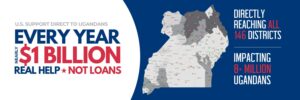
To tackle food insecurity further, the U.S. initiated a fertilizer subsidy program with international partners, including the Bill & Melinda Gates Foundation. This initiative reduced fertilizer costs by 25%, benefiting 80,000 smallholder farmers and helping them enhance their agricultural output.
Complementing this program, research into both organic and inorganic fertilizers was undertaken to explore how fertilizers could further boost food security and economic growth.
Supporting Micro, Small, and Medium Enterprises (MSMEs)
In a bid to foster business growth, the U.S. supported the creation of the National SME Portal, which helps entrepreneurs access critical information on business and investment opportunities.
This portal connects MSMEs with markets, suppliers, payment solutions, financiers, and investors, enabling Ugandan businesses to formalize and grow. The platform was developed in collaboration with the Uganda Investment Authority (UIA) as part of USAID’s Institutional Systems Strengthening (ISS) Activity.
This effort underscores the U.S.’s commitment to strengthening Uganda’s business environment. By fostering an ecosystem where entrepreneurs can thrive, the U.S. is helping create jobs and promote sustainable economic growth.
Strengthening Health Systems
One of the most impactful areas of U.S. assistance has been in health. Ambassador Popp highlighted the fact that 1.5 million Ugandans are receiving free antiretroviral therapy (ARVs) provided by the U.S. These life-saving treatments have improved health outcomes for individuals living with HIV/AIDS, contributing to a healthier population overall.
Additionally, the U.S. has supported Uganda’s education system by providing 5 million books to primary school students and training nearly 5,000 teachers. This has helped improve literacy rates and set the foundation for a more educated workforce, further fueling Uganda’s growth.
Promoting Democracy and Good Governance
Beyond health and economic prosperity, U.S. aid has played a critical role in advancing democracy and good governance in Uganda. The U.S. has invested in programs that promote civic engagement and support Ugandans in advocating for their rights. Through its support for free and fair elections, the U.S. is helping to ensure that Ugandans have a voice in how their country is governed.
In his report, Ambassador Popp emphasized the U.S.’s commitment to Uganda’s long-term success. He stated, “We have no loans, we ask for no collateral, and there are no strings attached to the assistance we provide.” According to Popp, the U.S. provides this support because it is in the interest of both nations and the broader global community.

The nearly $1 billion in U.S. aid has had a transformative impact on Uganda’s economy, health, and democracy. From increasing food security to fostering entrepreneurial growth, the U.S.’s no-strings-attached support has empowered Ugandans to lead healthier, more prosperous lives.
While some may argue that Uganda can do without U.S. assistance, the results speak for themselves—millions of Ugandans are living healthier, learning better, earning more, and participating more fully in their communities thanks to this enduring partnership.
As the report illustrates, the U.S. remains committed to helping Uganda achieve its full potential, and the benefits of this partnership are evident across the nation.
The U.S. Mission in Uganda is composed of several offices and organizations all working under the auspices of the Embassy and at the direction of the Ambassador.
Coming up… impact on Uganda’s health sector
EDITOR: For more on this report: https://ug.usembassy.gov/our-
About The Author
Arinaitwe Rugyendo
Rugyendo is the Founder and Editor-in-Chief of ResearchFinds News. He’s an accomplished journalist with a rich background in the media industry in Uganda. With over two decades of experience, Rugyendo has held various roles including cab reporter, Bureau Chief, Managing Editor, and Digital Media Editor at renowned publications such as Daily Monitor and Red Pepper. Throughout his career, he has demonstrated a commitment to delivering high-quality journalism and staying at the forefront of media trends. In addition to his journalistic pursuits, Rugyendo is currently pursuing a Ph.D. in Journalism and Communication at Makerere University. He has been recognized for his outstanding leadership and commitment to social change as a Desmond Tutu Fellow and Crans Montana New Leader. Rugyendo also serves as the Chairman of Young Engineers Uganda and Uganda Premier League, showcasing his dedication to promoting excellence and growth in various fields. With a passion for driving innovation and pushing boundaries in media, Rugyendo continues to make significant contributions to the industry. His vast experience, academic pursuits, and leadership roles make him a respected figure in the Ugandan media landscape.

